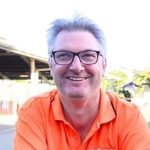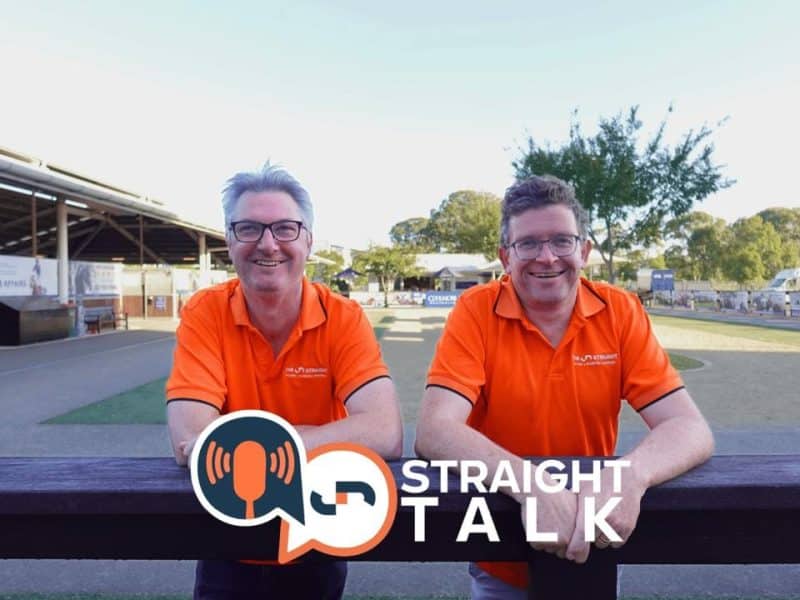Why competition for recruiting international horses to Australia is greater than ever
The best taking on the best has been the essence of horse racing, but the recruitment of overseas horses to race at various international carnivals has taken on greater importance for Australian administrators since the advent of World Pool, writes Tim Rowe.
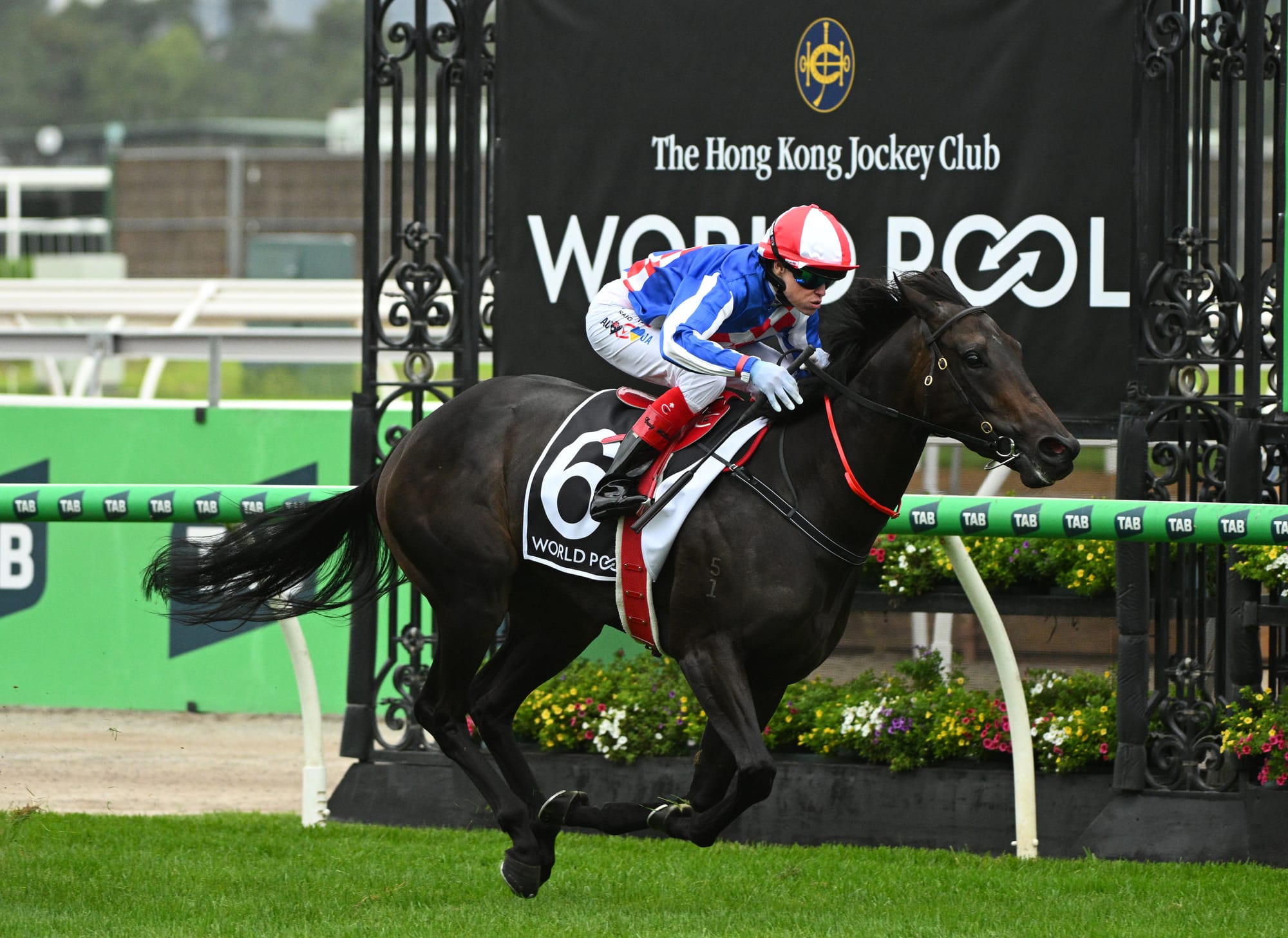
To outsiders, it might seem like a racing junket lover’s dream: cruising through the UK, France and Japan, drinking Pimms, champagne and sake, while visiting stunning training centres and elite race meetings.
But make no mistake, the competition to recruit overseas horses to contest respective jurisdictions’ biggest races and attend their best carnivals is serious business.
It has become more intense since the advent of World Pool, the parimutuel tote run by the Hong Kong Jockey Club, as administrators jostle to convince owners and trainers to cast their net wider than just their home region with their star horses.
In the case of the Australian Turf Club, the confirmation that Hong Kong’s star sprinter Ka Ying Rising will run in the country’s richest race, The Everest, this October could be worth as much as $1 million in additional wagering revenue to the club.
The Golden Eagle, Sydney’s $10 million race for four-year-olds, has quickly developed into a target race for internationals since its inception in 2019, with British sprinter Lake Forest winning last year’s edition and Japan’s Obamburumai taking out the race in 2023.
The ATC’s head of racing and wagering Nevesh Ramdhani recently returned to Sydney from a fruitful recruitment drive which saw him take in race meetings and undertake stable visits in the UK, France and Japan.
Racing Victoria’s head of racing Paul Bloodworth, set off in the opposite direction in early July, also visited those three countries as well as Ireland, canvassing interest for the state’s spring carnival and its premier races such as the Caulfield Cup, Cox Plate and Melbourne Cup.
Ramdhani says while having ATC races that are appealing to overseas punters is an important part of international horse recruitment, so too is the competition element of the sport.
“Wagering is part of it, but Sydney is an international (racing) attraction now. For any major racing jurisdiction to be recognised globally, you have to have horses from around the world racing in that jurisdiction,” Ramdhani tells The Straight.
“And the level of interest is really high (for the Sydney carnival). I don’t know if we’ll get any more numbers than we have in the past, but certainly there’s genuine interest now with the prize money on offer.”
The way Australia’s wagering ecosystem is structured, with the dominance of online corporate bookmakers over the past 20 years, the principal racing authorities (PRA) now reap the majority of the turnover commissions. This is especially the case in NSW, where club funding relies heavily on parimutuel returns.
As the tote’s popularity has diminished, so too has the ATC’s direct revenue from wagering.
However, the introduction of World Pool, which has its critics given the take-out rate imposed on punters compared to regular Australian races it doesn’t bet on, has been an injection of new money at a time when the nation’s betting turnover is declining.
World Pool receipts go directly to clubs, incentivising them to get included in the lucrative program. There were 11 Australian race meetings on the World Pool schedule in 2024, and 11 staged in the first half of 2025 alone.
When Romantic Warrior won the 2023 Cox Plate, it is understood that the Moonee Valley Racing Club netted in the vicinity of $500,000 because of Hong Kong punters’ parochialism in backing their champion.
Ramdhani’s tour has already netted Japan’s Panja Tower, a lightly raced colt who won the Grade 1 NHK Mile Cup in Tokyo in May, while last year’s Golden Eagle-winning trainer William Haggas is likely to send Sam Hawkens to Sydney for the $500,000 St Leger (2600m) run on Everest day.
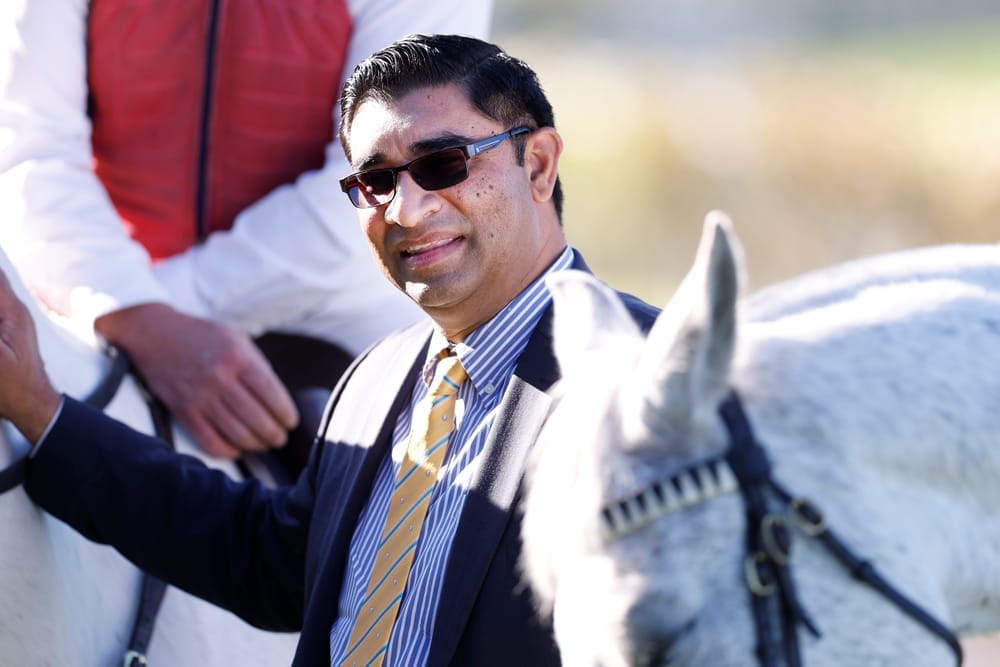
The Hugo Palmer-trained Seagulls Eleven, who also won a mile race at Goodwood for a syndicate which includes former English Premier League player Michael Owen, is also being touted as a Golden Eagle horse.
Victoria racing authorities have been scouting international runners for more than three decades, ever since Vintage Crop won the 1993 Melbourne Cup. That was done not as a wagering initiative, but as a means of increasing the global profile of the race.
“We have always seen the value in international competition to test our best horses against the best horses in the world,” Bloodworth says.
“It promotes our racing globally, strengthens our races, and now I guess the add-on benefit to it that’s come about in recent years is it enables us to get World Pool coverage as well, which is a new revenue stream for the clubs.”
While the lure of Australia’s large prize money is a big carrot for many owners and trainers, particularly from Britain, the addition of black-type status to a race such as the Golden Eagle could prove decisive for connections of some overseas raiders weighing up their late 2025 options.
For instance, the consideration of residual value for Charlie Fellowes’ last-start Grade 2 Saratoga winner Luther, a colt by Frankel who was also placed in the Grade 1 Belmont Derby, arguably outweighs the prize money on offer in a Golden Eagle without black-type status.
Racing NSW chief executive Peter V’landys told The Straight in June that he believes the Golden Eagle deserves to be a Group 1 race and it is understood that officials are confident that it will be elevated to an internationally recognised elite level stakes race in time for this year’s edition, its seventh running.
Importantly, such an upgrade for the Golden Eagle, which clashes with Victoria Derby day at Flemington, would give rise to the Sydney meeting (transferred from Rosehill to Randwick this year) to be included on the World Pool schedule for the first time.
While World Pool fixtures are growing, they are still restricted to events that, due to their timing and nature, have international appeal.
The Melbourne Cup may be Australia’s biggest betting race by a considerable margin, but it has been hitherto neglected by World Pool due to its Tuesday time slot and the fact it doesn’t feature among the Top 100 races as rated by Longines in 2024. There were 32 other Australian races on that list.
The International Racing Bureau’s (IRB) Adrian Beaumont, who is domiciled in Newmarket in the UK, is retained by race clubs and PRAs, including the ATC and RV, to help recruit international horses for various carnivals.
Likewise, Beaumont and IRB also assist Australian trainers with horses targeting the UK meetings such as Royal Ascot, Goodwood and York.
Beaumont has provided advice and assistance to Ballarat trainer Henry Dwyer over the past two years with the organisation of Asfoora’s successful northern hemisphere campaigns, as he and his IRB colleagues have done since Paul Perry’s trailblazing sprinter Choisir completed the King’s Stand-Golden Jubilee double at Royal Ascot in 2003.
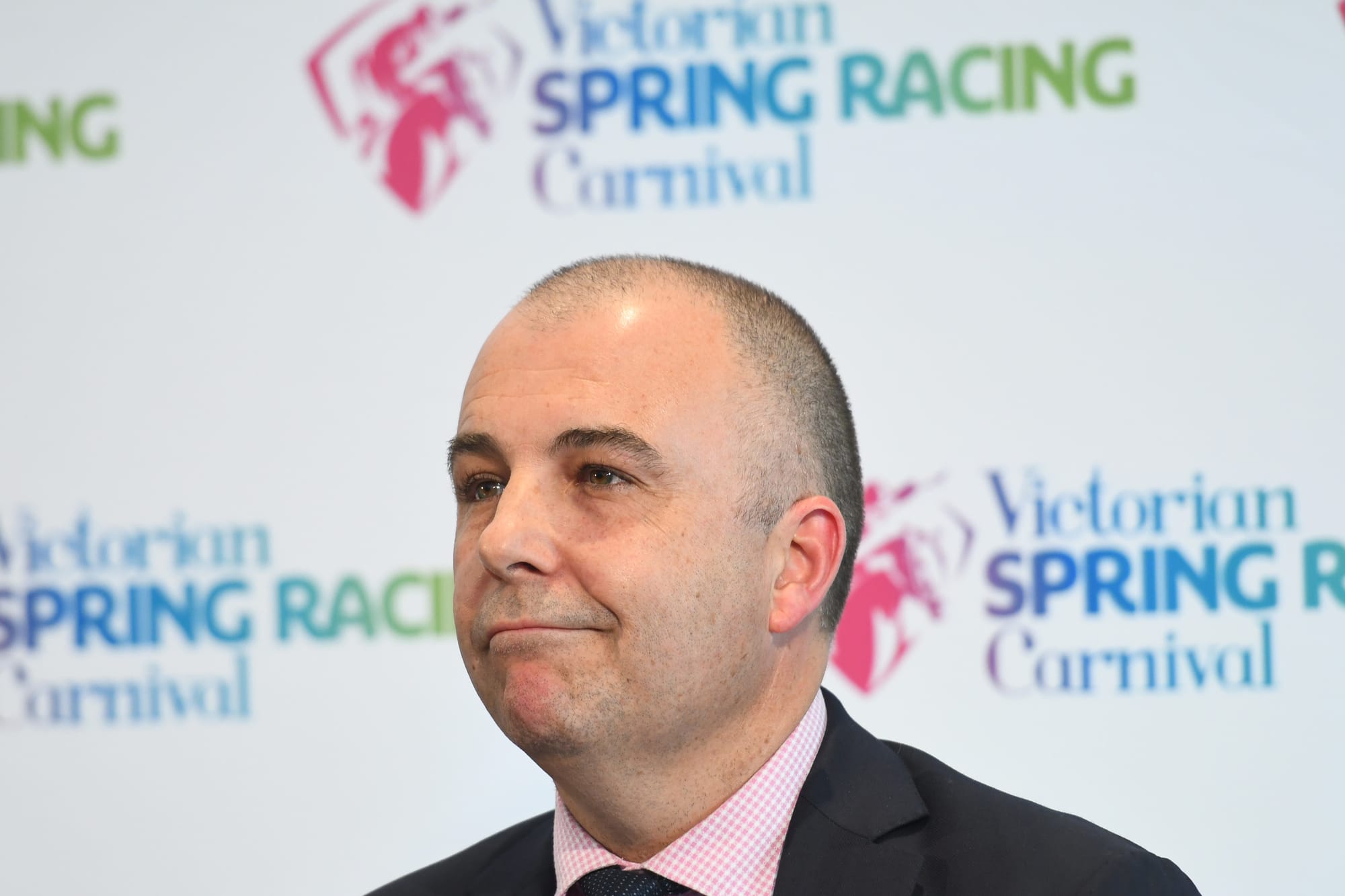
Since then, the Australian honour roll includes Miss Andretti, Takeover Target, Black Caviar and Nature Strip, with Beaumont there every step of the way.
Beaumont says the tyranny of distance and the stringent quarantine requirements to bring horses to Australia make it more challenging than other jurisdictions, despite the lucrative prize money to be won.
“There’s two angles to Australia. You’ve got the government quarantine regulations, which is doing two weeks quarantine here (in the UK) and two weeks there whilst you’re having to dovetail all the (other) quarantines,” he says.
“So, for example, when we’re going into Sydney, we have to dovetail with what they’ve arranged for Ka Ying Rising and so forth. There’s different quarantines being arranged and we have to fit into those.
“And, of course, you’re talking two weeks and two weeks plus a few days on the end. So you’re missing probably five weeks of the prime-time European season. Trainers are giving up a lot to come to Australia in terms of quarantine.”
The Melbourne Cup nominations will be released in early September, but the number of entries for the Caulfield Cup (146, 12 internationals) and Cox Plate (108, 11 internationals) declined year-on-year despite Racing Victoria announcing slight adjustments to its strict veterinary protocols this year.
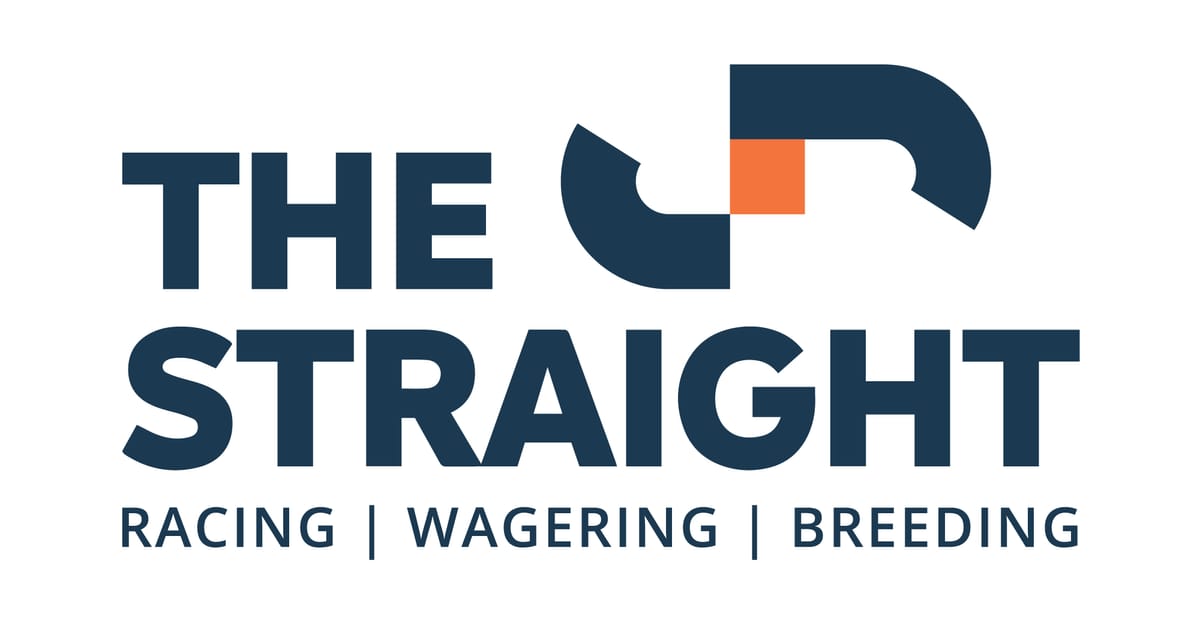
But Bloodworth played down the significance of the downturn in nominations for two of Victoria’s key races.
“The noms were down this year considerably, but I know Aidan O’Brien entered a lot of horses last year,” Bloodworth said.
“He entered 19 horses in the Caulfield Cup and 12 in the Cox Plate, whereas he only entered four in the Cox Plate this year and one in the Caulfield Cup.”
“To be honest, I prefer that because when a trainer enters that many horses, clearly he’s not bringing anywhere near all of them, and it becomes a bit of a guessing game at times as to what they’re bringing.
“But when they’ve only entered a small amount of horses, well, it’s just a bit of an easier conversation as to which horses might be coming.
“I think the entries we’ve received for the two races and probably for the Melbourne Cup are going to be more genuine than we may have had in the past, which is good.”
Dubai has for a long time been an appealing destination during the northern hemisphere winter and early autumn to campaign European horses, but its neighbouring Middle Eastern countries are also developing into racing superpowers.
“Dubai has been around for years, but places like Saudi Arabia, Qatar and places like that are relatively new entrants into the game,” Bloodworth says.
“But everyone all around the world is chasing horses for their carnivals for the same reasons that we are.
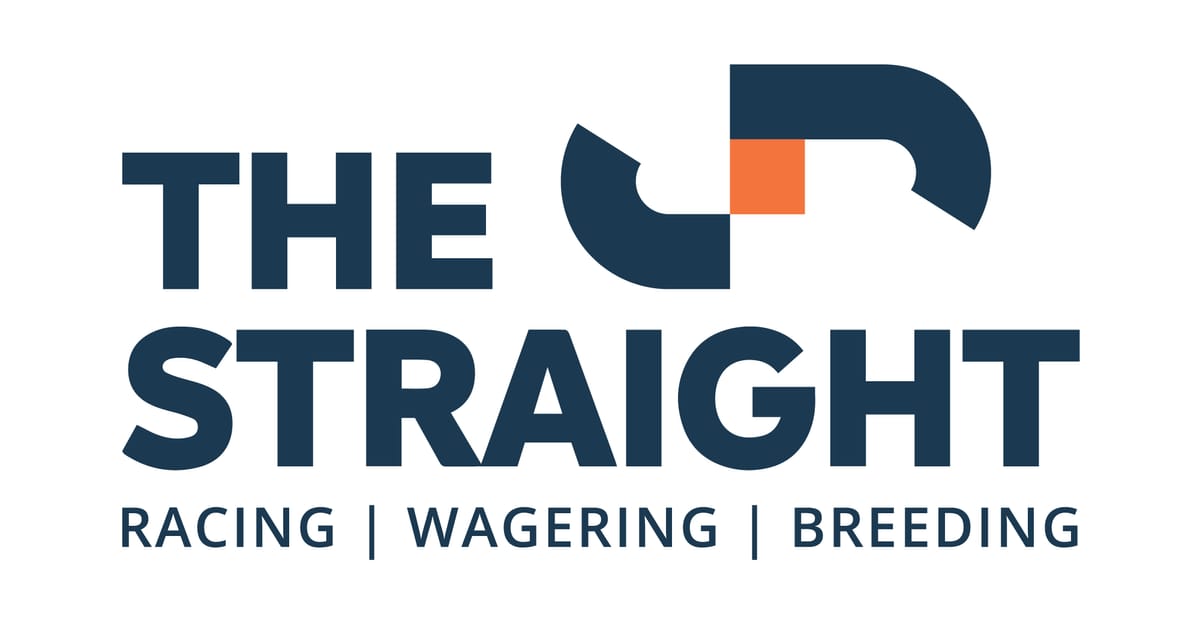
“It has made it more challenging and more difficult. We’re also a long way away, with long flights and long quarantine periods.
“We’re up against other parts of the world that don’t have those things to deal with as well.”
That’s not to say that Australia doesn’t have its advantages over the Middle Eastern jurisdictions.
“You’ve got someone like William Haggas who prioritises going to Sydney because he knows that you’ve got softer ground in Sydney than you’re probably going to get at Meydan,” Beaumont says.
“So, he sends a different sort of horse over there and it works well for William doing that.”
Interestingly, while wagering remains banned in the UAE, for the first time in 2025, Dubai had two key meetings on the World Pool list, generating revenue from a global market.



